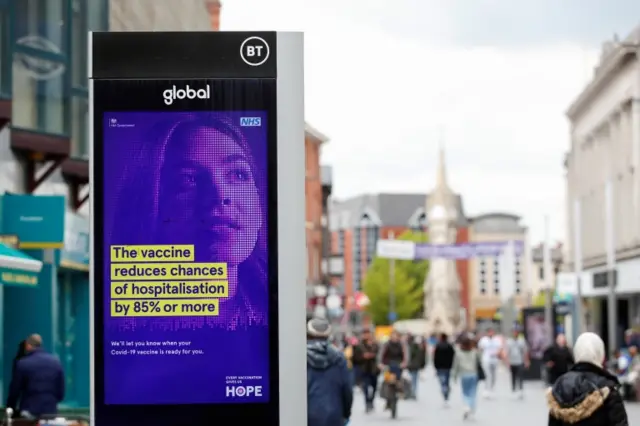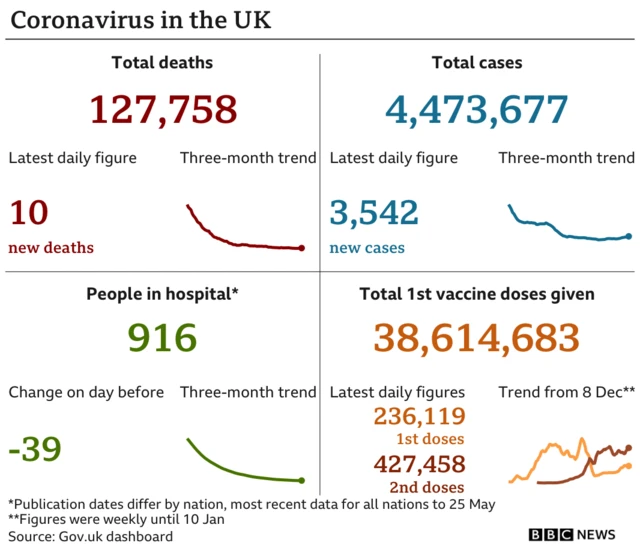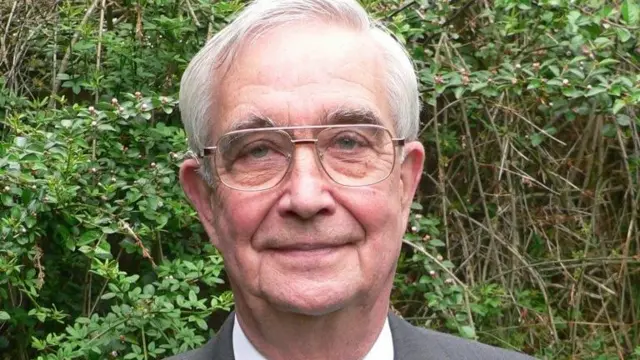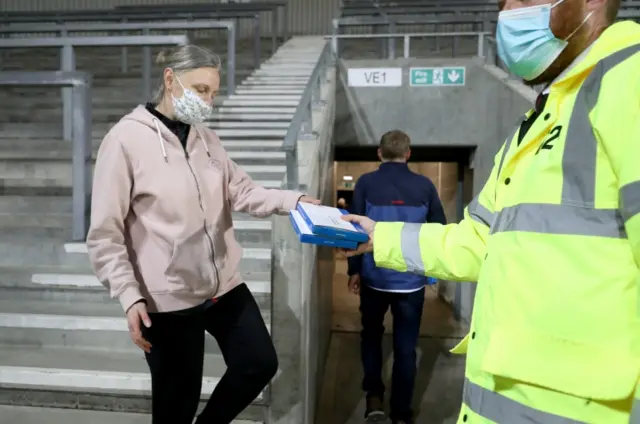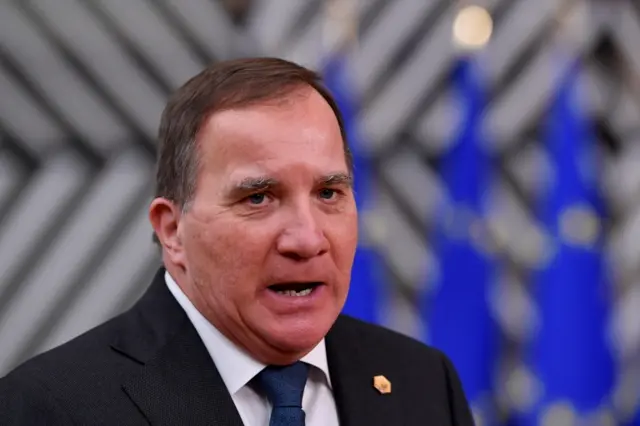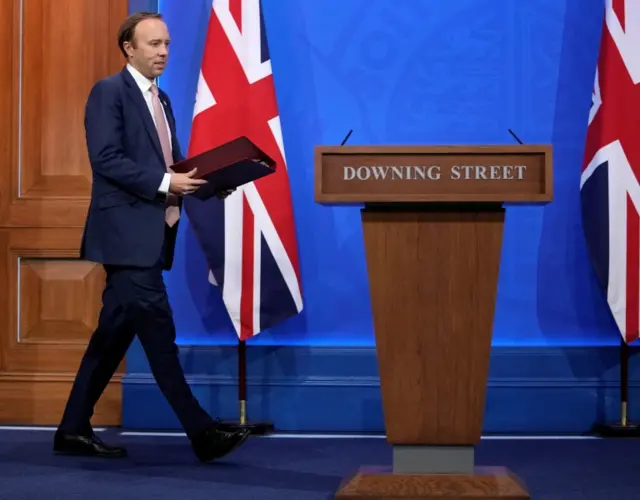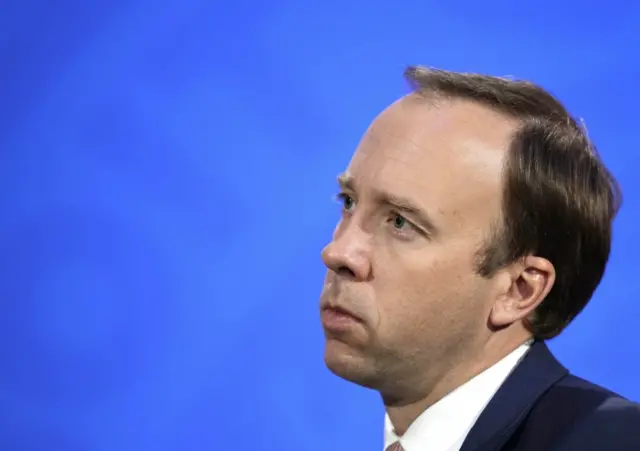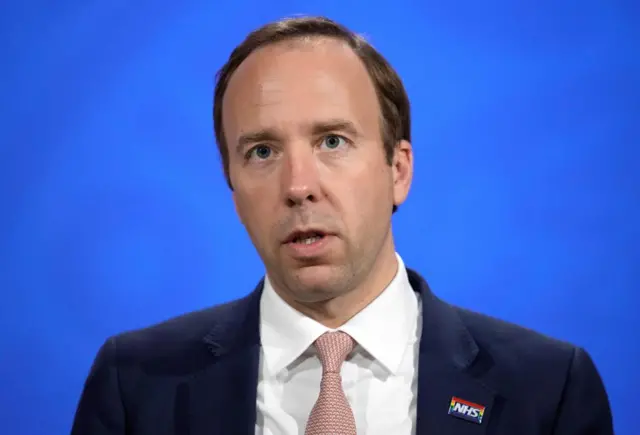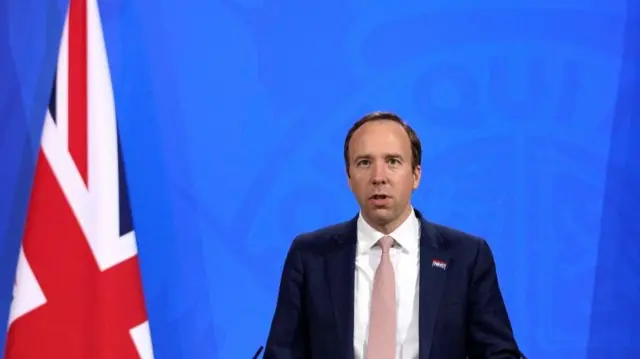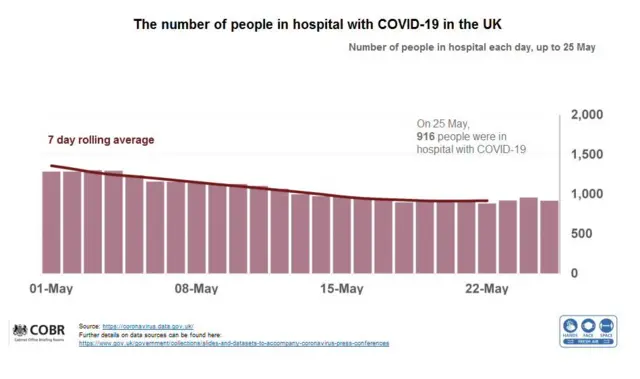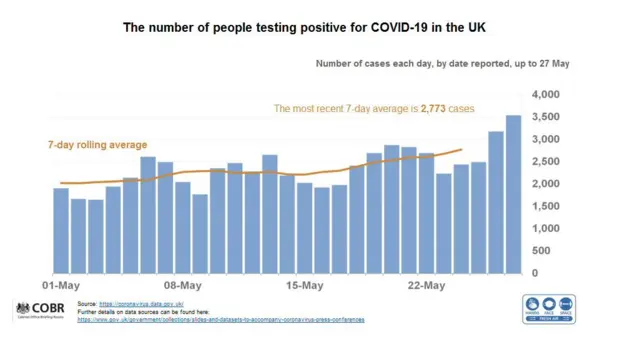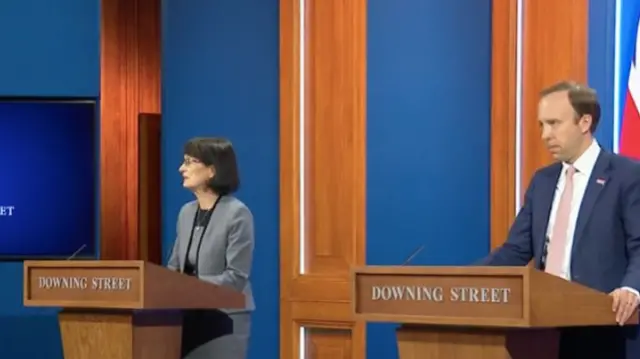Thanks for joining our live pagepublished at 18:26 BST 27 May 2021
Thank you for joining us for today's coronavirus live page.
Today's coverage has been written by: Doug Faulkner, Alexandra Fouche, Francesca Gillett, Lauren Turner, Kate Whannel and Sinead WIlson.
It was edited by James Clarke and Rob Corp.
We'll be back tomorrow for more updates from the UK and around the world.
